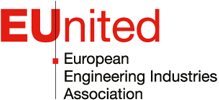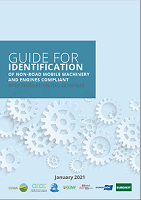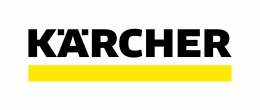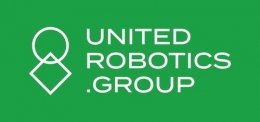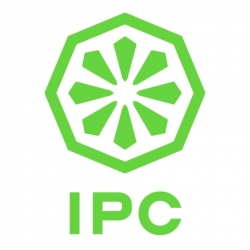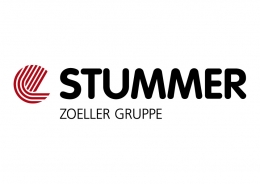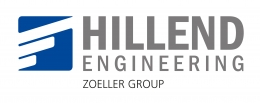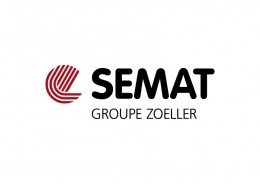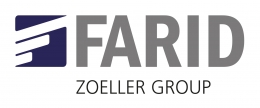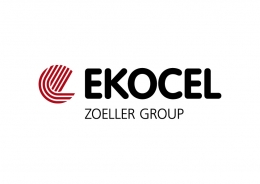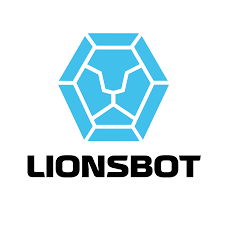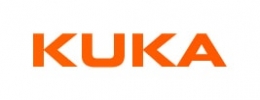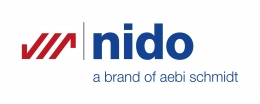
News
February 2017
Impact of EU environmental sustainability policies on employment & skills in machine tools and robotics sectors
Industry, like the rest of society, faces the long-term environmental challenges of the 21st century: climate change; scarcity of raw materials, energy and water; soil, air and water pollution.
Public authorities, at the level of the European Union or at that of Member States, have defined public policies to address these challenges, and will continue to do so in the future.
European trade unions, represented by industriAll European Trade Union, employers, represented by CEEMET, and industry associations, represented by EUnited and Cecimo, have jointly investigated the long-term effects of these environmental sustainability policies on employment and skills, in the sectors of Machine tools and Robotics. With this anticipation of change, they intend to achieve a smooth transition to sustainability for all workers, and a long-term, quality-based competitiveness for employers and industry.
IndustriAll Europe, CEEMET and EUnited consider this project as a pilot of methods that could be of inspiration for other industrial sectors.
Three scenarios were considered, based on an existing study called POLFREE2:
Scenario A
No change in the existing environmental sustainability policies
Scenario B
The EU engages alone in ambitious environmental sustainability policies, with Border Adjustment Measures to preserve the external competitiveness of its industries, while the rest of the world remains static
Scenario C
The whole world engages in ambitious environmental sustainability
 |
New technical skills will be required to meet the requirements of these ambitious policies, in the fields of:
- Mechatronics
- Eco-design (light-weighting, energy management) and re-use of resources
- Mechanical engineering
- Green business management
but also in other skills that enable the integration of more requirements, including sustainability, in product design:
- Systems design
- Soft skills to facilitate collaborative efforts and human interaction in creativity & design
IndustriAll Europe, CEEMET, Cecimo and EUnited jointly outlined a set of recommendations of public policies that would facilitate the transition of the Machine tools and Robotics sector to an environmentally, economically and socially sustainable future. These recommendations cover 6 areas of policy action:
- Enhance sector attractiveness for young people, and specifically for young women
- Include the new skills listed above in technical education curricula
- Enhance adaptability and voluntary mobility within and outside the sectors of Machine Tools and Robotics
- Support Life-Long Learning for people of all ages
- Broader political debates: support long-term, productive investment
- Joint monitoring
IndustriAll Europe, CEEMET and EUnited call for these recommendations to be discussed in all social and political dialogue fora whose mandate include the anticipation of change in the Machine tools and Robotics sectors. They also propose that the methods used in this project be re-used for other industrial sectors.
The full report concluding this project can be downloaded at: www.industriall-europe.eu/proj/MToolsRobotics/#bb
in the following languages: English, Dutch, French, German, Italian, Spanish, Czech, Finnish.
For more information, please contact:
lionel.platteuw@eu-nited.net
This project was financially supported by the European Commission.
Quicklinks
EUnited AISBL- European Engineering Industries Association,
Industrious Brussels EU District, Avenue des Arts 6-9, 1210 Brussels, Belgium, +32 490 57 57 65
Transparency Register number: 0289344948-82
Industrious Brussels EU District, Avenue des Arts 6-9, 1210 Brussels, Belgium, +32 490 57 57 65
Transparency Register number: 0289344948-82
© 2025 Eunited aisbl, Bruxelles
